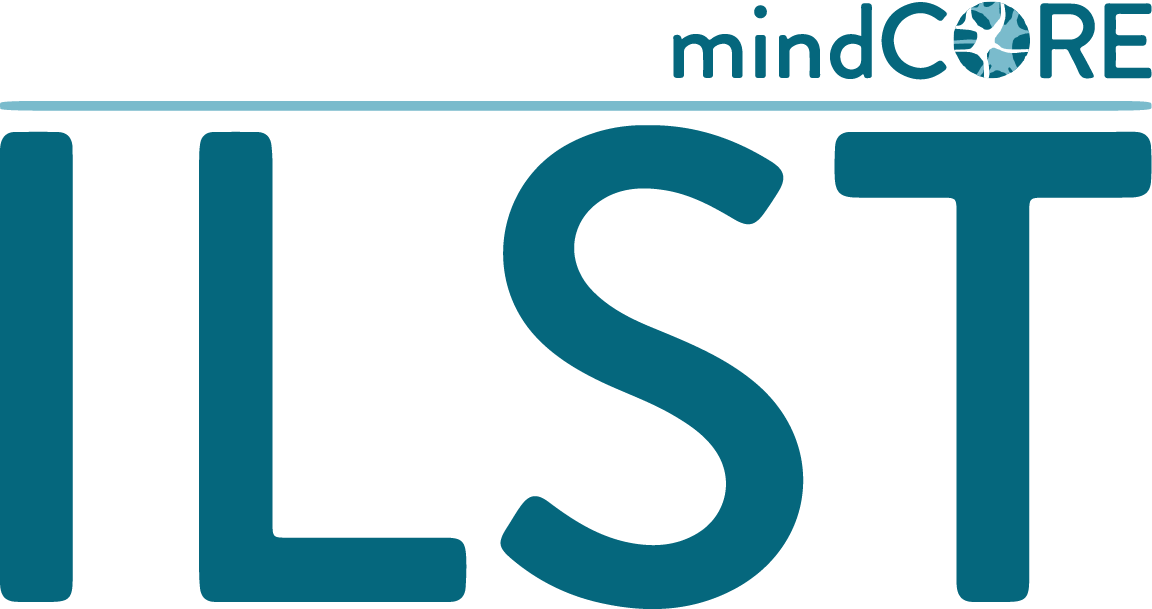
John Trueswell
Professor of Psychology, ILST Co-Director
How is language interpreted in real-time?
Professor John Trueswell is a psycholinguist who studies language acquisition and language processing.
Some of the fundamental questions that Professor Trueswell is interested in include:
- How do humans so effortlessly interpret utterances in real-time, using incoming speech to compute a speaker’s intended meaning?
- How do young children learn the meanings of words, and interpret syntactic structure?
- How do the processing demands of real-time interpretation influence language acquisition, and possibly shape the languages of the world?
- And conversely, does the language we speak change how we see and think about the world?
He has explored these questions through collaborations with other ILST faculty, allowing him to use a variety of research methods, including behavioral experimentation, eye tracking, computational modeling, and functional magnetic resonance imaging (fMRI). Advances have come from comparing individuals with different language backgrounds (cross-linguistic comparison), different cognitive abilities (individual differences within normal and impaired populations) and different levels of experience/maturation (developmental psycholinguistics).
Professor Trueswell has published over 75 articles on these topics and received numerous research grants from the National Science Foundation and the National Institutes of Health. He is an Elected Fellow of the Association for Psychological Science and the American Association for the Advancement of Science, and a member of the Cognitive Science Society. He has trained many language scientists over the years, as graduate students and postdocs in both Linguistics and Psychology, including Sudha Arunachalam (New York University), Masha Fedzechkina (University of Arizona), Elsi Kaiser (University of Southern California), Albert Kim (University of Colorado), Jared Novick (University of Maryland), Julien Musolino (Rutgers University), Jesse Snedeker (Harvard University), and Jorge Valdes Kroff (University of Florida).

John Trueswell
Professor of Psychology, ILST Co-Director
